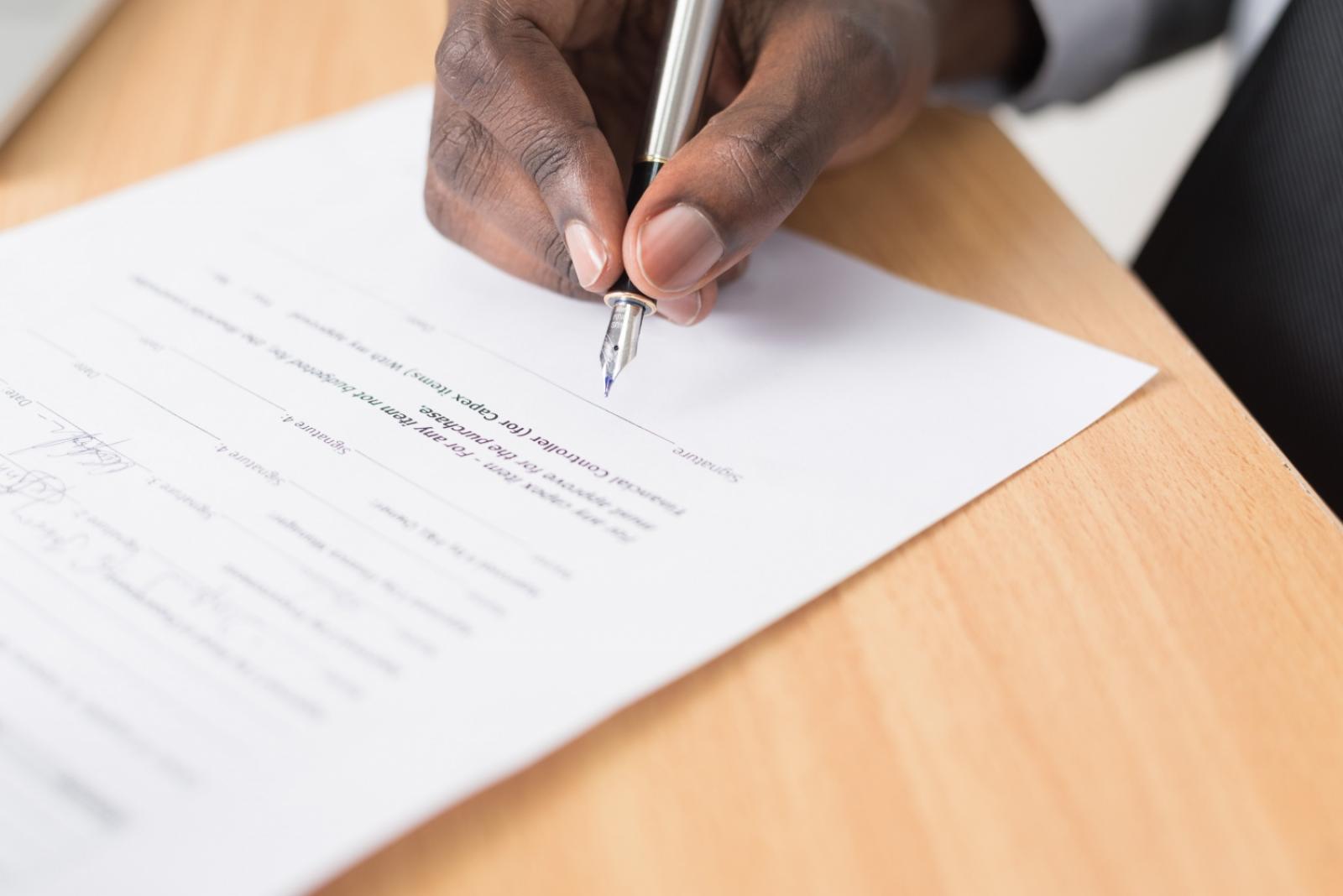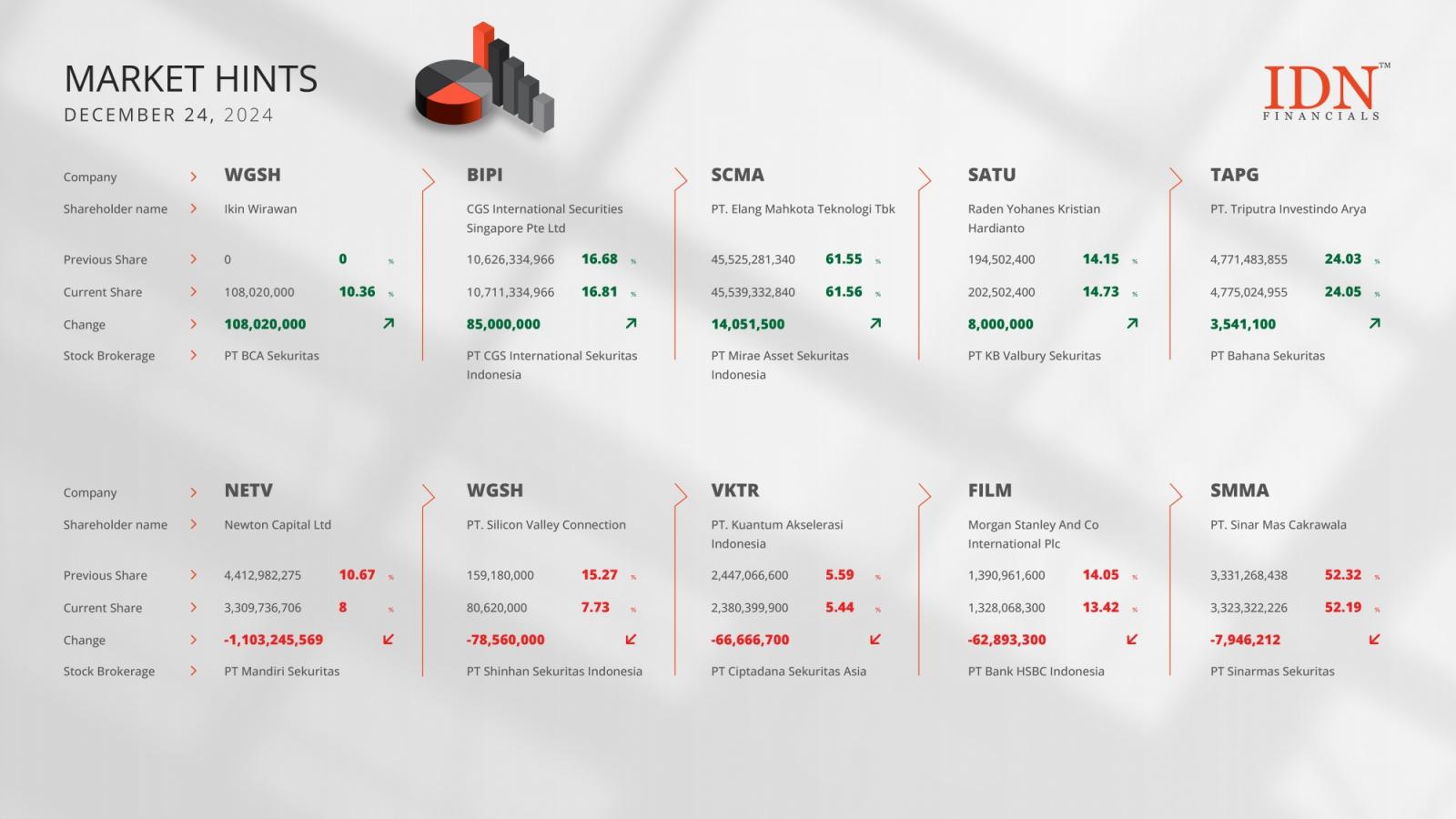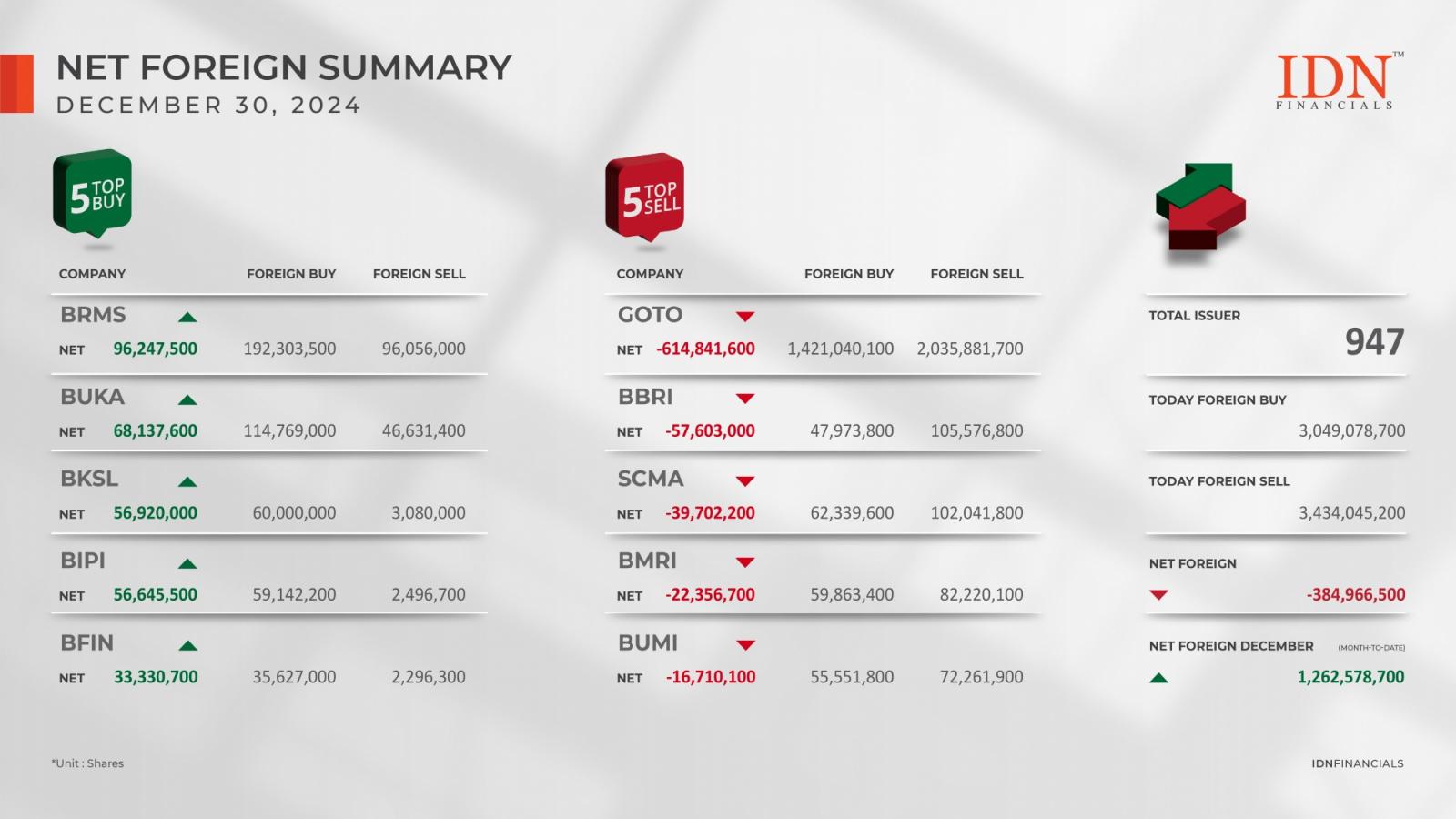Nation-states and corporations are rapidly exploring Bitcoin as a strategic reserve amid a looming supply shock.The U.S. considers creating a Bitcoin reserve to maintain its global financial leadership in the face of increasing competition.
Bitcoin (BTC) is on the verge of a big price surge, with the potential to hit $500,000 per coin sooner than many people know.
In a video, Simply Bitcoin notes that one government signature may set off the next dramatic movement of the crypto. With Middle Eastern countries allegedly leading the drive ahead of the United States, recent events suggest that the race among nation-states to adopt Bitcoin as a strategic reserve asset is escalating.
A Strategic Response to the Looming Bitcoin Supply Shock
The urgency of this moment results from what many consider to be the “mother of all supply shocks.” The present rate of BTC accumulation means that, in about 35 weeks, the supply might run out completely.
With rumors implying the UAE has already acquired between 300,000 and 400,000 BTC, this coming scarcity puts countries vying for their share under pressure. Should it be confirmed, this would put the Emirates ahead of the United States in terms of the coin holdings, therefore hastening America’s strategic reaction.
The U.S. is contemplating a dramatic action amid these global changes: the building of a strategic Bitcoin reserve. Simply Bitcoin claims that a written executive order seeks to purchase BTC with funds from the Exchange Stabilization Fund totaling $21 billion.
With just a presidential signature needed, this project might help the US to reclaim its competitive edge in the worldwide Bitcoin race.
In addition, Senator Cynthia Lummis has proposed a Bitcoin Reserve Bill, therefore indicating rising political support for the acceptance of cryptocurrency at the highest levels of government. Still, whether this scheme comes to pass soon depends on timing and policy fit.
Growing Role in Global Finance and Corporate Adoption
The scene of Bitcoin worldwide is fast changing. While countries like Argentina, Brazil, Nigeria, and Turkey are investigating Bitcoin as a reserve asset, Russia is deploying Bitcoin mining equipment around BRICS countries to bolster its stance.
With his holdings now topping 439,000 BTC, more than double China’s combined reserves, even individual investors like Michael Saylor have made news. Over the next two decades, Saylor projects that the long-term expansion rate of BTC could reach new highs. His belief results from Bitcoin’s growing acceptance as a valid asset class.
Corporate adoption is also increasing, with BlackRock’s Bitcoin ETF outperforming its gold ETF. Retail and institutional investors are both starting to see Bitcoin as a mainstream asset as companies like BlackRock advise allocating up to 2% of portfolios to the cryptocurrency.
BlackRock’s academic studies and the acceptance of Bitcoin via financial instruments compatible with regulations help to underline this change. These events point to a rising acceptance of Bitcoin in traditional finance, which feeds more conjecture about its possible use as a reserve currency.
The Dilemma of Holding or Selling BTC Amid Global Adoption
Questions regarding the consequences of selling BTC during such a transforming time persist as the globe gets ready for this new financial reality.
Should nation-states start buying Bitcoin in large numbers, its value may skyrocket and private investors would be left to consider the long-term advantages of keeping against selling. Further ingassing Bitcoin into the global economy, retailers are pricing goods and services in satoshis.
Meanwhile, at the time of writing this article, BTC is still in strong correction, falling 6.28% over the last 24 hours and trading at about $95,513.26, further away from its psychological level of $100K. Its market cap has also fallen below $2 trillion.
[mcrypto id=”19649″]
Buy Bitcoin GuideBitcoin Wallet TutorialCheck 24-hour Bitcoin PriceMore Bitcoin NewsWhat is Bitcoin?





